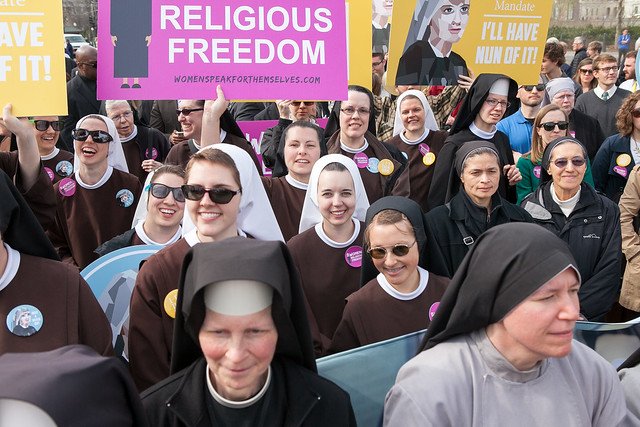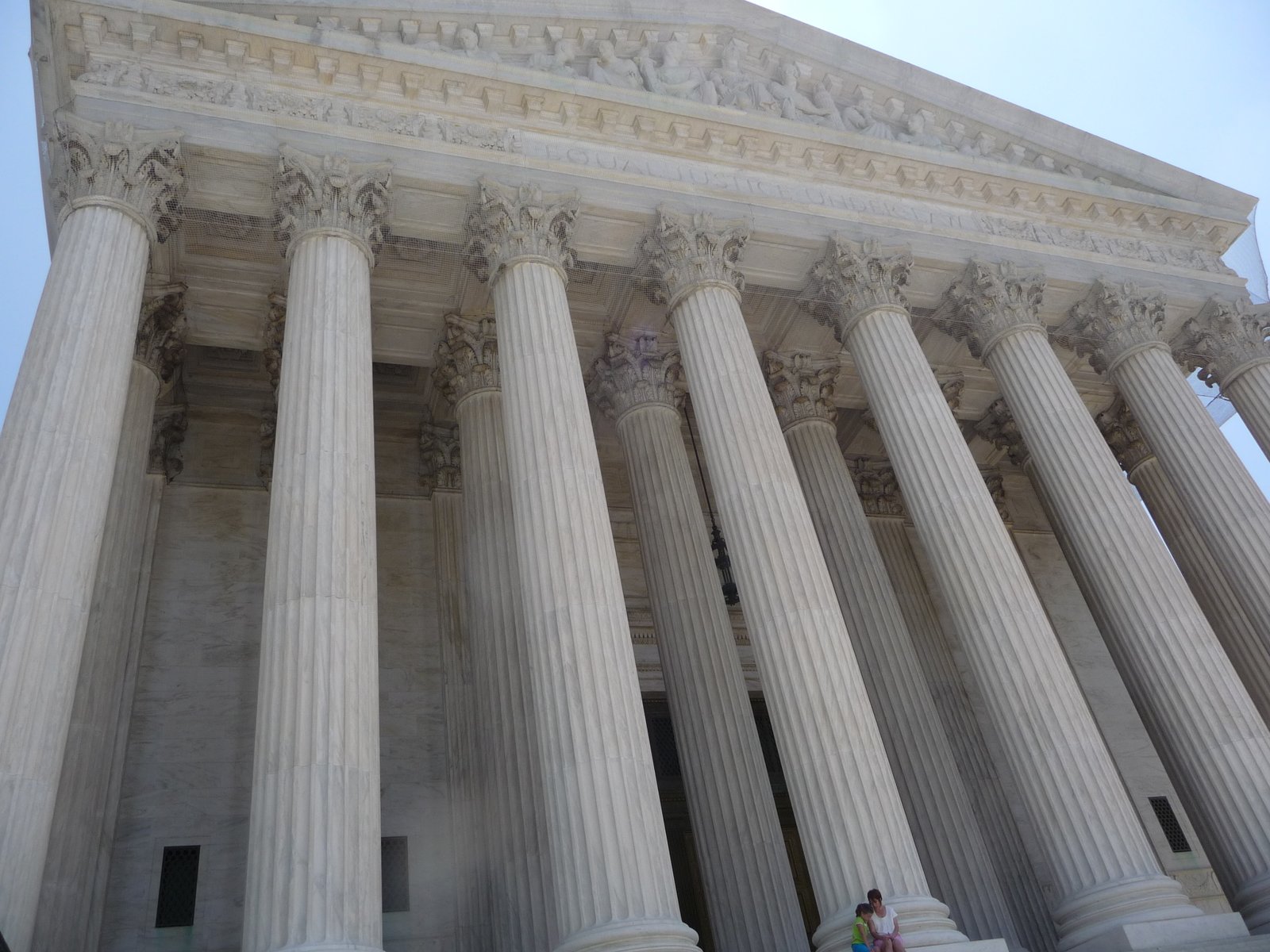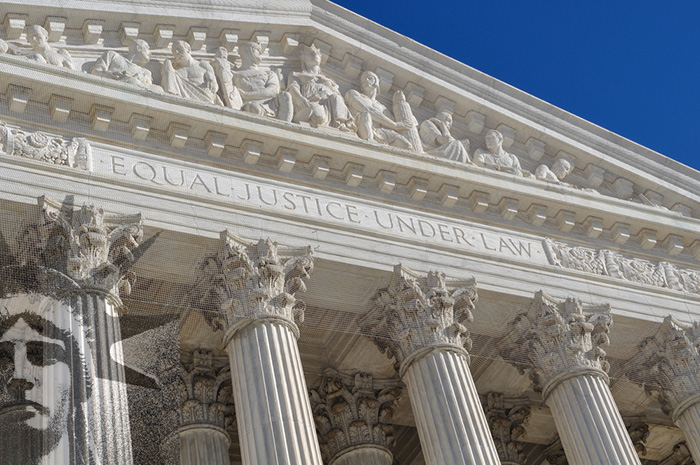Vatican calls for religious freedom amidst competing strains of secularism and fundamentalism
The Vatican has released a document, “Religious Liberty for the Good of All,” calling for an expansion of…

The Vatican has released a document, “Religious Liberty for the Good of All,” calling for an expansion of…

It is debatable whether a claim by a public school football coach that he is compelled by religious…

Over the last few decades, a religious movement has gained widespread political power with the stated intent of…

Earlier today, California Assemblyman Evan Low (D-Campbell) withdrew a bill that would have outlaws the sale of any…
"Choosing one’s faith is the most personal of choices, a matter of individual conscience. That is why we…

When one person’s opinions can reach the world in a matter of seconds on the Internet, the ability…

The Supreme Court rules that the President of the United States has broad discretion to impose travel restrictions,…

On Monday, the U.S. Supreme Court surprised a lot of us and issued a ruling in the Masterpiece…

Attorneys for a Washington florist who refused to make a flower arrangement a same-sex wedding filed a supplemental…

Ten years ago the state of California found itself embroiled in a debate over the nature of marriage.…